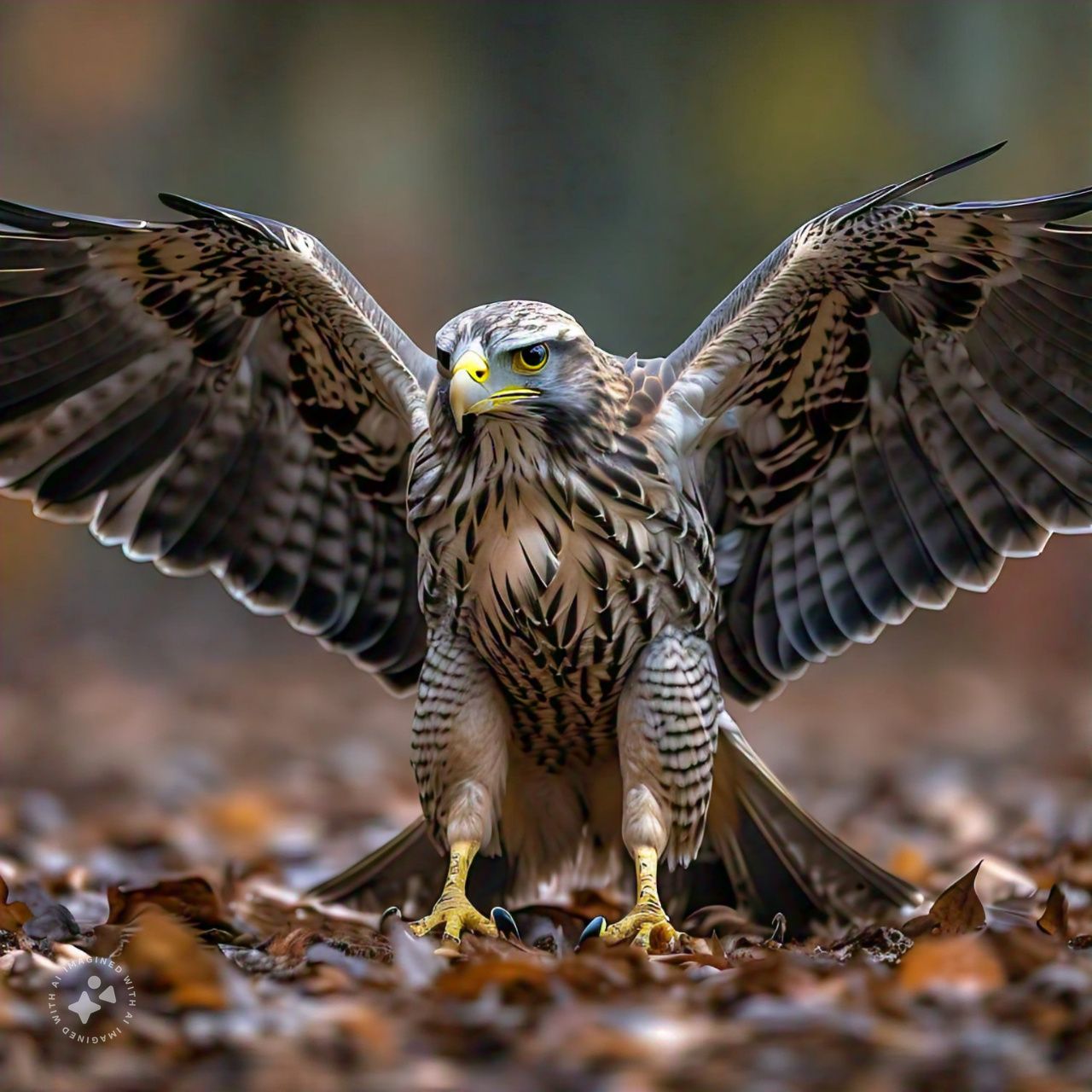Do Hawks Eat Dead Animals?
Hawks are known for their keen hunting abilities, but their diet isn’t strictly limited to live prey. These birds of prey are opportunistic feeders, which means that while they prefer hunting live animals, they will eat dead animals, also known as carrion, when necessary. This behavior is influenced by factors such as food scarcity, environmental conditions, and the availability of fresh prey.
1. Hawks as Opportunistic Hunters
Hawks are incredibly skilled hunters, with sharp talons and excellent vision that allow them to capture a wide variety of live prey, including small mammals, birds, and reptiles. However, during times when hunting is more difficult, such as in harsh weather conditions or when prey is scarce, hawks may consume carrion to survive. This adaptability showcases their ability to adjust their feeding habits based on the availability of food in their environment. For more on hawk behavior, you can explore topics like how they hunt or interact with their surroundings at Bird Queries.
2. Nutritional Benefits of Eating Carrion
Eating carrion provides hawks with essential nutrients, especially in environments where hunting opportunities are limited. Dead animals can offer a quick source of protein and energy, which is crucial for the survival of these raptors. While hawks primarily rely on live prey, scavenging for dead animals helps them sustain themselves during difficult times. This behavior is not unique to hawks—many birds of prey, such as vultures and eagles, also consume carrion when necessary.
3. Environmental Factors Influencing Carrion Consumption
The availability of live prey and environmental conditions heavily influence whether hawks will turn to carrion. During winter months, when small mammals and birds may be in short supply, hawks are more likely to scavenge for food. Additionally, human activity, such as roadkill or animal remains left by hunters, can increase the availability of dead animals. Hawks, being opportunistic, may take advantage of these easily accessible meals. To learn about the flying patterns of other birds, such as geese, you can read this informative article on their nocturnal habits.
4. Hawks and Competition for Carrion
Hawks aren’t the only birds scavenging for carrion. In areas where food is limited, hawks may compete with other scavengers, such as vultures, crows, and even larger birds of prey. While hawks are capable of defending their food, they generally prefer to avoid conflict. This competition can drive hawks to be more resourceful, leading them to take advantage of carrion when they’re unable to catch live prey.
5. Do All Hawk Species Eat Dead Animals?
Not all hawk species have the same dietary preferences when it comes to consuming carrion. While most hawks, such as red-tailed hawks, will eat dead animals when necessary, certain species may rely more on live prey. The decision to scavenge often depends on the hawk’s habitat, food availability, and the specific survival strategies of the species. Similarly, if you’re interested in other bird diets, you can explore articles like whether budgies can eat cucumbers at this page.
6. Hawk Diets in Urban Environments
In urban areas, hawks often adapt their feeding habits to the environment around them. As cities expand into natural habitats, hawks may be forced to scavenge more often. Roadkill, garbage, and animal remains in urban settings provide easy access to food, making carrion a more common part of their diet. Urban hawks may face competition from other scavengers like raccoons and crows, but their adaptability allows them to thrive even in these challenging environments.
7. Conclusion: Hawks’ Opportunistic Nature
While hawks are formidable hunters, they are not above scavenging for food when circumstances require it. Their willingness to eat dead animals is a testament to their adaptability and survival instincts. By consuming carrion, hawks ensure that they can survive in a wide range of environments, from wild rural areas to bustling urban landscapes. Their diet flexibility allows them to maintain their position as apex predators, even in difficult conditions. For more post visit here
To learn more about the fascinating behaviors of birds and their diverse diets, visit Bird Queries for a wealth of information on various species.

